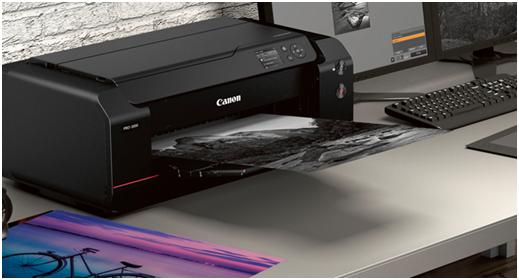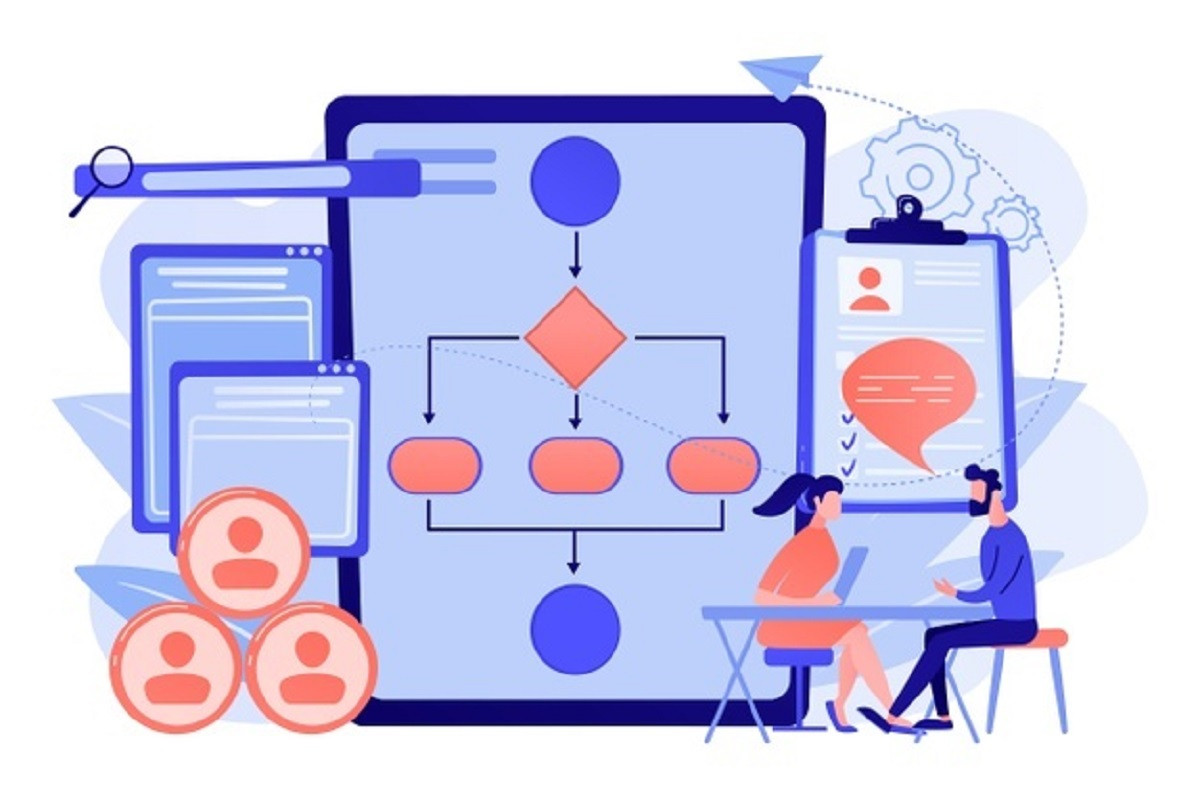Best Ways to Stay Anonymous & Keep Your Privacy Protected
People are increasingly using the internet on a daily basis. They share a lot of personal data and documents, which makes them vulnerable to privacy violations. Hackers and cybercriminals are constantly on the lookout for ways to access user data. That is why it is important to monitor your online privacy.
Financial reports, personal tax details, contact information, and a number of essential documents are almost certainly stored on your computer. This information should be secured at all costs; cybercriminals can always get access to it if you are not too careful.
That said, you must understand how to properly protect your data in order to avoid any sensitive data breaches. If you are a victim of fraud or your personal information is stolen, you can face financial consequences, negative credit consequences, and a great deal of stress. As a result, maintaining your online privacy should be your top priority whether you are browsing online, hosting a website, or making an online transaction.
To help you stay secure over the internet, here are some of the best ways to keep data and privacy intact while staying online.
1. Ensure Social Media Data Privacy
If you have social media accounts, those networks have a lot of information about you, and you might be surprised by how much of it is made public by default. As a result, we strongly suggest that you check your privacy settings: It’s entirely up to you to decide which details you want to share with strangers versus friends — or even only yourself.
You can easily review your settings on most social media platforms by going into their settings. Make sure to set everything that you deem important to private.
2. Avoid Public Storage Mediums
Oversharing isn’t just a social media issue. When it comes to keeping your credentials and passwords secure, stop using public drives. For example, unless you hold passport scans in an encrypted folder, Google Docs isn’t the best place to keep a list of passwords, and Dropbox isn’t the best place to keep a list of passwords. In reality, use two-factor authentication for all of your accounts so that even if you lose access to the credential, you will still be able to access it. You can get VPS servers for your data storage as well. These VPS servers are completely anonymous and offered by PRV. t c anonymous hosting solution.
3. Keep Email and Phone Number Separate
Don’t use your primary email address and phone number for all of your online activities. This is due to two main factors: For starters, you will receive a great deal of spam from advertisers. Two, cybercriminals and hackers will use these email addresses and phone numbers to get access to your data and devices.
Even if you can’t stop yourself from sharing your user data with online stores and other online apps, don’t share it with strangers on social media. For these cases, consider having a separate, disposable e-mail address as well as, if possible, a separate phone number.
Cybercriminals use the social engineering method to gain access to your email accounts.
If you don’t have 2FA allowed on your email ID and they have your phone number, hackers will now gain access to your email accounts.
4. Use Encrypted Messaging Apps
Most modern messaging apps use encryption, but it’s usual encryption in motion, which means that messages are decrypted and stored on the provider’s servers. What if those servers have been compromised? Don’t take that chance; instead, use end-to-end encryption on both ends to ensure that no one can see your conversations, including the messaging service provider.
By default, Whatsapp allows encryption on both ends. Other messaging applications, such as Facebook Messenger, Google Hangouts, and Telegram, do not support end-to-end encryption. Start hidden chats to allow encryption on these social media apps.
5. Log Out of Accounts After Use
Remember to log out of your accounts when you’re done, even if you’re browsing on your home network or on your tablet. If you leave your accounts logged in, cybercriminals will be able to access your information. It goes without saying that signing out of your online banking account is important, but hackers have other ways of accessing your personal information.
You almost definitely have a payment system associated with your account if you log in to an online shopping site like Amazon or even Uber/Uber Eats. This means that others could gain access to your account and finances.
6. Get a VPN or an RDP
Using a virtual private network (VPN) service is the safest way to stay anonymous online. Many VPNs are available for as little as $2 per month. Your position would be untraceable as a result of these. And your own Internet Service Provider (ISP) would have no idea what website or software you’re using when you’re online.
You can get a Remote Desktop (RDP) server if you don’t want to use a VPN service. RDPs allows you to access data from any place. Since you’ll be connecting via RDP, the link can’t be traced back to your place. It’s one of the most secure methods for staying healthy online.
7. Review Browser and Application Permissions Before Use
Apps that access contacts or files stored on a device, as well as those that use the camera, microphone, geolocation, and other features, may ask for permission. Some are unable to work without these licences, but others take advantage of this information to offer to you (and worse). Controlling which apps get which permissions is fortunately fairly easy. The same can be said for browser add-ons.
8. Keep Data Secure on Public Wifi
Since most public Wi-Fi networks do not encrypt traffic, someone on the same network will eavesdrop on your communications. Avoid sending some confidential data — logins, passwords, credit card details, and so on — over public Wi-Fi, and instead use a VPN to encrypt your data and keep it safe from prying eyes.
9. Use Anonymous VPS Website Hosting
You can use an anonymous website hosting solution to ensure that no one can access your details, even though you are hosting a website. To help you stay completely anonymous with web hosting, we offer a fully anonymous VPS hosting solution. It helps you maintain your online privacy when hosting websites and applications.
Final Thoughts
People are spending an increasing amount of time online and using it for almost anything. Your personal data is all over the internet, from coping with your investments to doing your shopping. Your privacy is vital, and you must take all reasonable precautions to protect yourself from a data breach. You should be mindful of possible threats and work to avoid them by using these tactics.





You must be logged in to post a comment.